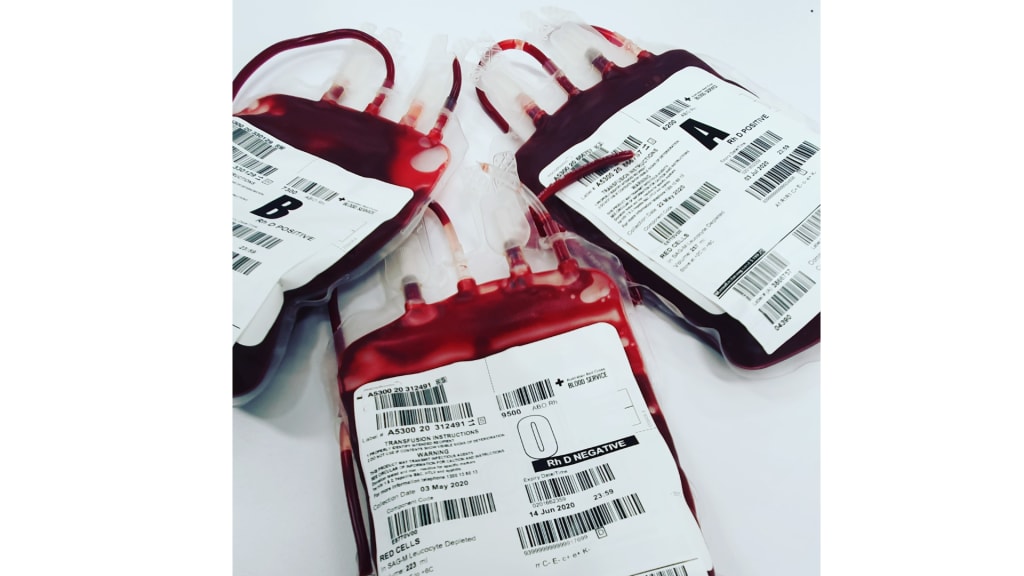The Chilling Cover-Up of the UK's Infected Blood Scandal
A Stain on the NHS

Fifty years after a tragic medical incident, a new inquiry report sheds light on the dark history of the UK's healthcare system. Between the 1970s and 1990s, over 30,000 people were infected with HIV, Hepatitis C, and Hepatitis B due to contaminated blood and blood products imported from the U.S. This incident is now recognized as the "worst treatment disaster" in the history of Britain’s National Health Service (NHS). “The disaster was not an accident,” said Inquiry chair Sir Brian Langstaff, emphasizing that doctors, blood services, and governments failed by not prioritizing patient safety.
The Infected Blood Inquiry
Launched in 2017, this public inquiry was the largest of its kind in the UK, aiming to examine the circumstances under which infected blood and blood products were given to patients. Those affected included individuals with haemophilia and people who received blood transfusions during surgeries and childbirth. The inquiry revealed that at least 3,000 people died due to the infected blood, with the Haemophilia Society estimating another 680 deaths since the inquiry began. Globally, similar infections were recorded in countries including Australia, Canada, France, and the U.S.
A Catalogue of Failures
The inquiry uncovered failures on multiple levels—individual, collective, and systemic. It found that Factor VIII, a revolutionary treatment made from pooled plasma, posed a high risk of infection. The NHS, unable to meet the demand, imported supplies from the U.S., which were often sourced from high-risk donors such as prisoners and drug addicts. Despite mounting evidence of the dangers, authorities failed to switch to safer alternatives, leading to widespread infections.
Children as Unwitting Subjects
A particularly harrowing aspect of the inquiry was the treatment of children at Treolar’s College, a specialist school for those with haemophilia. These children were used as "objects of research" and given contaminated blood products despite the known risks. The inquiry found that 75 out of 122 pupils who attended the school between 1974 and 1987 died due to these infections.
Government and NHS Failures
The inquiry criticized the government and NHS for their repeated failures to act. Officials often decided against suspending the importation of contaminated blood products, falsely insisting that they provided the best available treatment. The inquiry's report revealed that patient safety was repeatedly ignored, and the government was defensive, failing to hold a public inquiry for decades.
Acknowledging the Tragedy
The six-year inquiry included evidence from various stakeholders and over 4,000 statements from affected individuals and families. The final report, spanning 2,527 pages, painted a damning picture of systemic negligence and a profound breach of trust in medical ethics. It emphasized the necessity of patient autonomy and transparency, both of which were severely lacking.
Moving Forward
The report’s findings have led to a call for immediate compensation, public memorials, and systemic changes to prevent such a tragedy from recurring. Prime Minister Rishi Sunak offered a full apology and announced interim payments of £210,000 to the living infected and the estates of those who died. However, questions remain about potential criminal prosecutions and the full scope of redress for the victims and their families.
Lessons and Recommendations
Chief among the recommendations is the need to create an environment where patient voices are heard and respected. Ensuring the safety of blood products and engaging with patient concerns are crucial steps forward. As Dr. Kate Khair noted, this inquiry should prompt reflection within the NHS to prevent similar disasters in the future.
The Infected Blood Inquiry highlights a monumental failure in the UK's healthcare system, revealing the devastating impact of negligence and prioritizing financial and reputational considerations over patient safety. The findings serve as a crucial lesson in medical ethics, patient care, and the importance of transparency and accountability.
About the Creator
shanmuga priya
I am passionate about writing.
Enjoyed the story? Support the Creator.
Subscribe for free to receive all their stories in your feed. You could also pledge your support or give them a one-off tip, letting them know you appreciate their work.






Comments
There are no comments for this story
Be the first to respond and start the conversation.